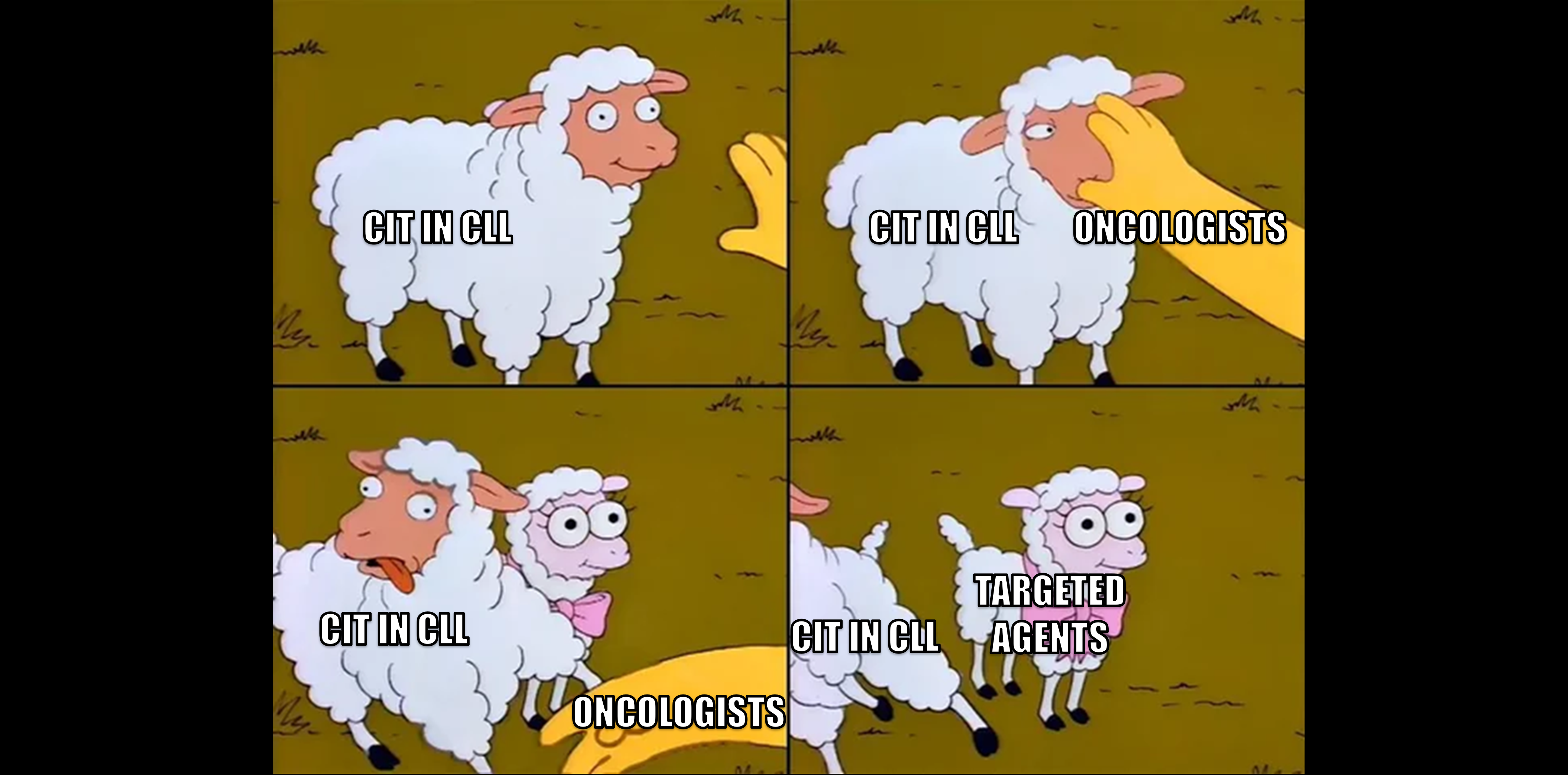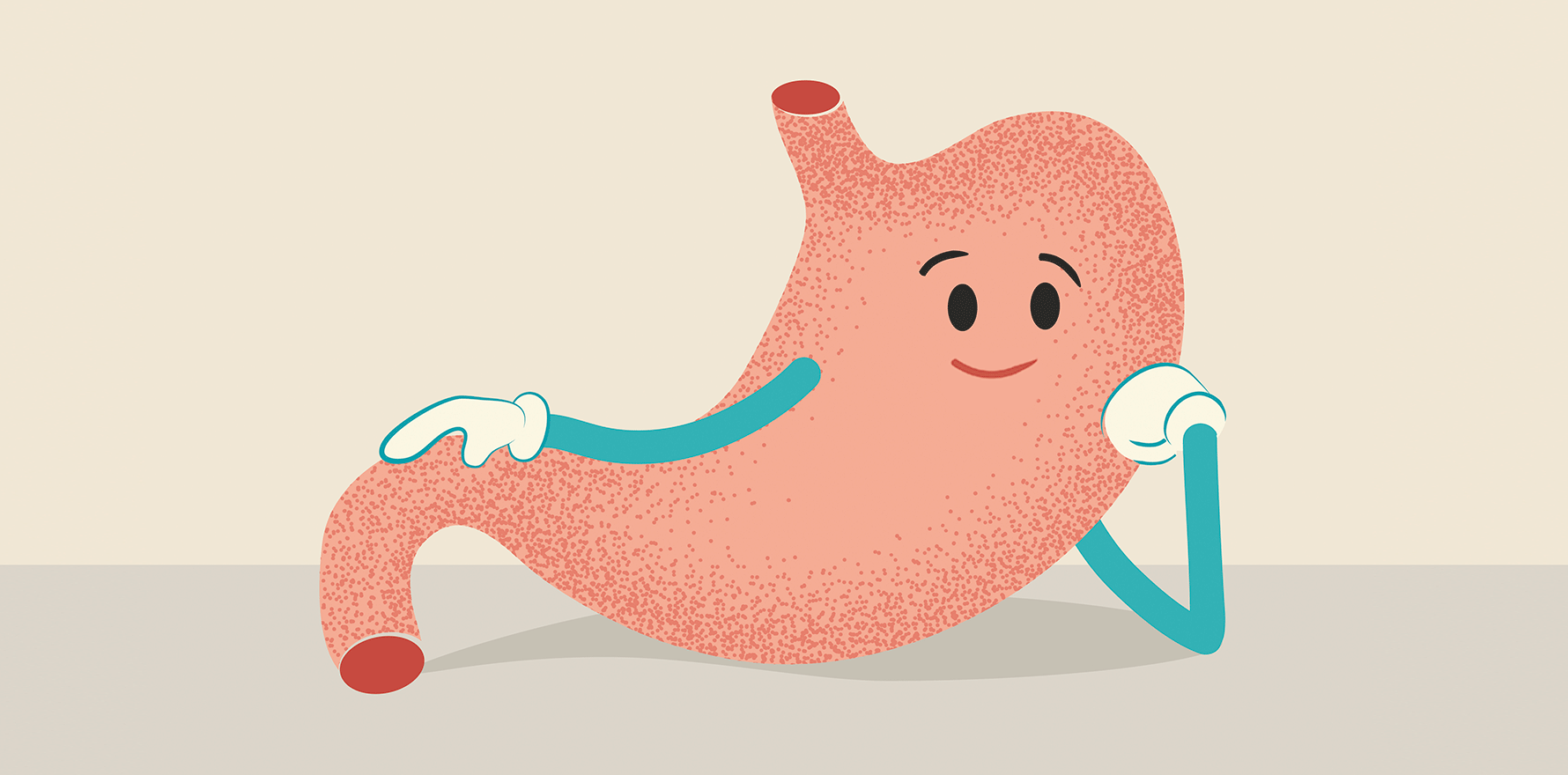Personalising treatment could help patients avoid unnecessary chemotherapy after surgery, Australian research suggests.
Patients with gastroesophageal cancer could avoid unnecessary chemotherapy after surgery, thanks to an Australian-led method of identifying those who would benefit the most and least.
Personalising treatment could come down to the tumour’s response to chemotherapy pre-surgery, according to research by Associate Professor David Liu, oesophago-gastric and general surgeon at the Peter MacCallum Cancer Centre, and colleagues.
Professor Liu and colleagues analysed data from almost 1900 patients with non-metastatic gastro-oesophageal adenocarcinoma who received neoadjuvant fluorouracil, leucovorin, oxaliplatin and docetaxel (FLOT) followed by surgery.
The patients, who were treated in 43 hospitals across 12 countries, fit into three groups: 24% had a minimal response to FLOT chemotherapy before surgery, 64% had a partial response and 12% had a complete response.
The researchers found that patients with either minimal or complete response to FLOT before surgery had little benefit from additional chemotherapy after surgery. Disease-free and overall survival were no different in minimal and complete responders regardless of whether they had adjuvant FLOT or not, after adjusting for confounders.
In contrast, partial responders were 32% more likely to have disease-free survival and 45% more likely to survive overall in the median two-year follow up if they had adjuvant FLOT compared to those who didn’t.
Surgery was a “golden opportunity” for pathologists to report on how the tumour responded to four cycles of chemotherapy, Professor Liu said. With this information, doctors could anticipate how the tumour would respond to four more cycles of the same thing and incorporate this data into their multidisciplinary meetings, he said.
Professor Liu and colleagues proposed several applications of the research.
Firstly, patient counselling in the postoperative interval could include these estimates of how effective adjuvant FLOT would be based on the tumour regression grading.
“Second, for FLOT-refractory disease, the present data question the benefit of postoperative FLOT, particularly in patients who are borderline for adjuvant therapy,” Professor Liu and colleagues wrote.
“Third, for complete responders, the data suggest that neoadjuvant FLOT and surgery achieves a cure in 80% of patients and that adjuvant FLOT may not confer additional therapeutic benefit.”
Professor Liu acknowledged that the study was powered to detect a 15% difference in disease-free survival. “For most randomised controlled trials in this space, a 15% difference in disease-free survival is accepted as clinically significant,” he said. “Of course, we’re not powered to detect a 5% difference, and one of the criticisms is … maybe there is a 5% difference or maybe there is a 1% difference.”
As a result, it may be reasonable for fit patients to be given adjuvant therapy to further reduce disease recurrence, the researchers said.
“In contrast, for patients with borderline fitness, the findings of the present study support a nuanced discussion to withhold adjuvant treatment,” they wrote.
“Finally, for tumours that partially respond to neoadjuvant FLOT, this study strongly advocates pursuing adjuvant FLOT due to the significant disease-free survival and overall survival benefit, particularly for patients with poor prognostic pathological features, HER2 negativity and proficient mismatch repair disease.”
The study found that 83% of patients completed all four neoadjuvant FLOT cycles, and drug toxicity was the most common reason for stopping. One in three patients did not have any adjuvant treatment, around half of which was due the clinician’s decision and one third because the patient refused due to tolerance of neoadjuvant therapy, postoperative recovery and covid concerns.
One in four patients didn’t complete adjuvant treatment, and drug toxicity was to blame for almost half of those cases.
Related
Professor Liu said the study had been “very well received” internationally, and many oncologists at the Peter MacCallum Cancer Centre and Austin Health had changed practice to reflect the findings. But some oncologists would still be holding out for evidence from a randomised trial and/or larger study population, he added.
More than 1700 Australians are diagnosed with the cancer each year, according to figures from the Peter MacCallum Cancer Centre.
Professor Liu said sparing patients from unnecessary chemotherapy could help them stay healthy enough to handle additional treatment if they did get cancer recurrence, while reducing risks such as peripheral neuropathy and toxic death.
“If you do something that doesn’t work, then you don’t do it again, right? That’s a pretty basic life principle,” Professor Liu said.





